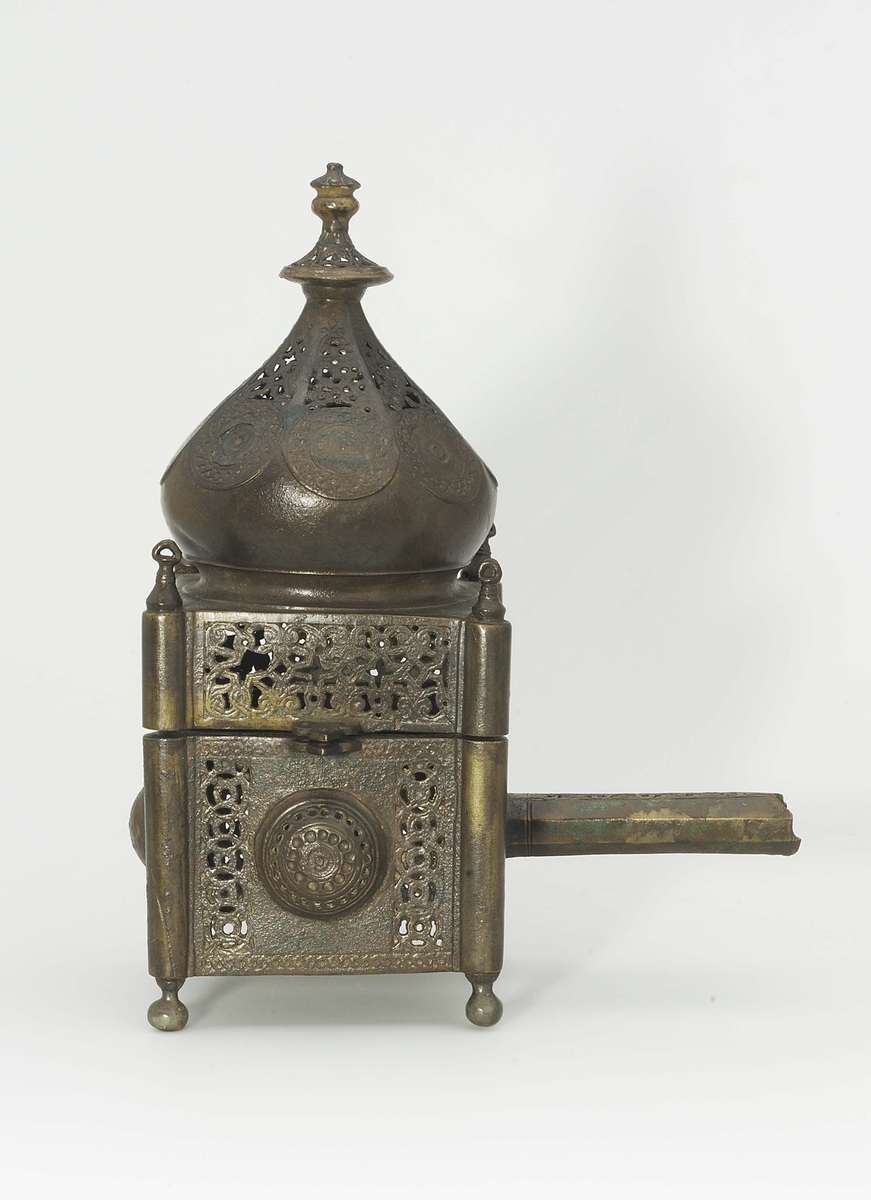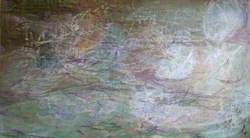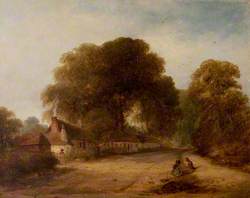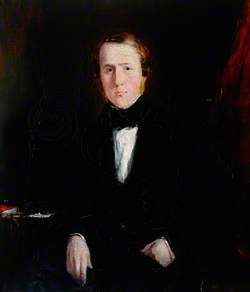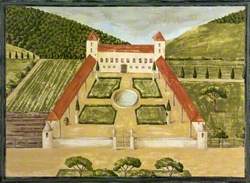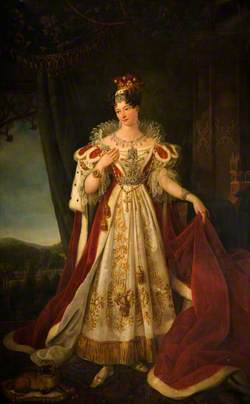How you can use this image
This image can be used for non-commercial research or private study purposes, and other UK exceptions to copyright permitted to users based in the United Kingdom under the Copyright, Designs and Patents Act 1988, as amended and revised. Any other type of use will need to be cleared with the rights holder(s).
Review the copyright credit lines that are located underneath the image, as these indicate who manages the copyright (©) within the artwork, and the photographic rights within the image.
The collection that owns the artwork may have more information on their own website about permitted uses and image licensing options.
Review our guidance pages which explain how you can reuse images, how to credit an image and how to find images in the public domain or with a Creative Commons licence available.
Notes
Add or edit a note on this artwork that only you can see. You can find notes again by going to the ‘Notes’ section of your account.
It is often remarked that incense burners of this period copy the forms of contemporary mausoleums. However it is more likely that both early Islamic mausoleums and incense burners are independently indebted to pre-Islamic domed fire temples in Iran, for there is an obvious parallel between the sacred fire of the Zoroastrians and the auspicious smoke of the incense. In this example, the rounded corner buttresses rising from the knobbed feet terminate in vase-shaped finials with stylised crescents. The sides have panels of overlapping circles with central rounded bosses decorated with small chip-cut circles, reminiscent of the high-tin bronzes of tenth to eleventh century Khurasan and Afghanistan. The hinged lid has side panels of openwork interlace, while the eight-faceted pointed dome has more openwork, to allow the fragrant smoke to escape.
Title
Incense Burner
Date
12th C
Medium
quaternary copper alloy, piece cast with openwork & surface engraving
Accession number
304
Work type
Sculpture
